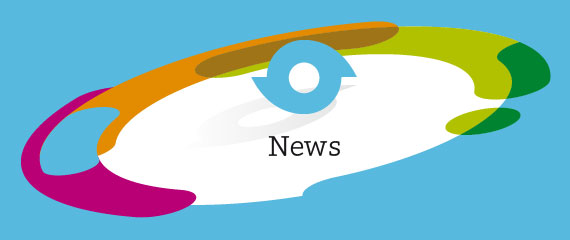Marlou Schrover started with a bachelor’s in journalism in Utrecht. Afterwards, she went on with a study in history, in which she pursued a career. Now, she has been working in Leiden since 2003, and LeidenGlobal interviewed her on her work and research.
The common ground between journalism and history is the role the public debate plays in both fields. This is also exactly what interested Schrover the most in her work. In the course she teaches, Economic and Social History, public debate is a central subject. Current issues such as the Black Lives Matter movement and pandemics are looked at through a historical lens. When did this happen before, and what can we learn from that? The current relevance of Schrovers work also becomes clear in the media, where she is often asked to shed light on a situation. Last year, for example, she explained more about racial riots in the Netherlands in the Dutch newspaper AD.
The key concepts in Schrovers work are power and identity. Questions related to these topics keep reoccurring: who are we and who decides who we can be? These concepts cover many different aspects such as gender, ethnicity, religion, and sexuality.
Schrovers has an expertise in the field of migration. In 2013, she received the NWO Vici grant for research on gender and migration. She and her team looked at the differences between men and women from many different perspectives with two important angles. The first was concerned with language. They researched how the government, newspapers and organisations talk about men and women. At that time migrants were put into a certain frame, in which men were the risk, and women were at risks. But moreover, even though half of the migrants were women, almost all literature was about men. After their research, there appeared to be a gradual change in this discourse.
The second important angle was that of governance. Many people think the government decides something and then that happens. But this is not how things work. Instead, the government makes plans, but must work with many different organisations and media before policy can be implemented successfully.
Schrover thinks Leiden University might be one of the most important universities in the migration research. Apart from many people researching migration, there are also many people researching related issues. For this reason, she is one of the co-founders of the LDE Governance of Migration and Diversity. Another enterprise aimed at promoting interdisciplinary collaboration is the Pillar A project, in which Schrover does research on migration as well.
Interview by LeidenGlobal intern Nikki Schotman.
Meet more experts on our expert page.

